
Developer: 30 Parallel
Publisher: BoomBox
Platform: Switch, PC
Tested on: Switch
Terra Alia – Review
A while ago we took a look at Kana Quest, a puzzle game that aimed to teach the Japanese alphabet to players. As it turned out, this wasn’t the most efficient way to pick up the language. If you’re in the market for another way to learn Japanese -or another language for that matter- you may find a better alternative with Terra Alia. This educational RPG aims to teach players the basics of a wide variety of languages, including conversational phrases and a wide vocabulary. The story-driven RPG certainly is more appealing than Duolingo but can Terra Alia stand on its own as an RPG as well as a language learning tool?
Story
Hogwarts Legacy isn’t the only end-of-year release on the Switch where you’re able to attend a school for witches and wizards, as Terra Alia is set in a very similar location. Granted, the game’s overarching story takes on a more sci-fi approach as it unfolds, but the influence of J.K. Rowling’s Wizarding World is undeniable. Starting out in the office of Professor Esperanto, one of the school’s faculty members, you quickly learn that said professor has gone missing, and it’s up to you to find her. As a talking portrait instructs you, the way to do this is by gathering seven of her memory shards. You won’t have to do this alone, as Esperanto’s mechanical bird Falco will guide you in finding these. The caveat, however, is that you are a foreign student and that you’ll need to master the language from the school’s host country in order to solve the mystery surrounding Esperanto’s disappearance.
Graphics
The influence of the Harry Potter series is noticeable in Terra Alia’s story as well as its aesthetics. The castle grounds are a dead ringer for Hogwarts, and the students are clad in familiar-looking uniforms, albeit without any IP-infringing house crests. In fact, you can choose your own uniform colors in Terra Alia’s very limited character creation tool. Colors are pretty much everything you can customize about your appearance, and your character won’t change, even if you put on different kinds of clothing to buff your stats. Terra Alia doesn’t quite impress visually, not even with flashy spell effects. While the game doesn’t quite veer into PS2 territory, it undeniably looks dated and simplistic, although this does mean that overall performance is fine and the game shouldn’t be too taxing on your hardware.
Sound
One of the most important aspects of learning a language is that you can hear the pronunciation of specific words. A word like ‘impossible’ is written in the same way in English as it is in French but pronounced completely differently. It was of the utmost importance that this was incorporated in Terra Alia, and thankfully, the game nails this. The game features voice acting by -as far as we could tell- native speakers and whether it’s single words or entire phrases, you’re bound to pick up the correct phonetic way to repeat these. The music on the other hand is fine but unremarkable. Terra Alia‘s soundtrack would definitely have benefited from more variety when it comes to the tunes, as right now all the background tracks blend together in a pleasant but otherwise forgettable soundscape.
Gameplay
Given that Terra Alia promotes itself as the language-learning RPG, we can’t understate the importance of the game’s language aspect, and we’ll be sure to dig into this a bit further down. Before we get to this, however, we should perhaps take a look at whether or not Terra Alia works as an RPG as well. From a pure gameplay perspective, Terra Alia is a solid but rather unremarkable top-down RPG that is somewhat bogged down by a clunky combat system. The main story is very linear, but there are plenty of short sidequests that are given by students around the campus, and these help break up the feeling of the game pushing you in a specific direction all the time. The straightforward approach of the game makes it so that getting lost is unlikely, and all the elements you’d expect from an RPG are here, although with a language twist. You’ll encounter enemy wizards and engage in linguistic duels using your wand, talk to NPCs by constructing sentences from snippets of foreign language, and level up your character at a rate matching how well you master your new vocabulary.
Before you embark on your adventure, you’re asked what your native tongue is and which language you want to learn. While the chosen language doesn’t affect the gameplay in the slightest, your language proficiency does affect the difficulty level of the game. Many of the puzzles and spells involve using the language you’ve chosen to use, so if you’re just freshening up a language you have basic knowledge of, you’re going to have a significantly easier time than if you’re going in blind and picking a language that is completely foreign to you. The languages you can pick from include French, German, Brazilian Portuguese, Italian, Chinese, Russian, Japanese, Korean, Spanish, and English. As we mentioned Terra Alia is a rather basic and linear RPG, although it does implement the language aspects in rather clever ways. As you wander around campus, for example, you’ll pick up new words by pointing your wand at objects, after which you are told the translation. This also gives you experience points, motivating you to explore your environment and find new words. Another example of the game implementing language learning creatively involves recovering your character’s Lingua points, the in-game equivalent of Mana, as this requires you to take part in short language quizzes at a so-called ATM terminal.
Those Lingua points are used in Terra Alia’s combat system, which is less than elegant, to say the least. Battles are turn-based and involve slinging spells at one another, with more powerful spells taking a longer time to cast. A slider on a gauge indicates the speed with which spells are being cast, and the key is to time your spells in such a way that you can interrupt your opponent before they can finish their spell. Successfully do this enough times and you’ll earn focus points, which can then be used to unleash a powerful attack -provided you can correctly translate the words appearing on-screen. It’s an interesting system in theory, but in practice it’s confusing and battles are a bit too long for our liking.
Granted, as you level up and your character becomes more powerful, the battles become less tedious. Visual appearance aside, Terra Alia offers surprisingly robust character customization, allowing you to tailor your witch or wizard to your preferred playstyle. This also bodes well for replayability, as you can make each of your character’s fighting styles feel distinct. Character stats aren’t just improved by leveling up but also by equipping pieces of clothing that give buffs. These are found in treasure chests which you open by solving even more language puzzles. Building up a powerful character is as satisfying as it is in other RPGs, albeit it isn’t strictly necessary given that Terra Alia’s focus is more on language mastery than actually challenging the player with difficult boss battles and the like.
While we wouldn’t recommend Terra Alia as your sole tool to master a new language, it can definitely help if you’re already learning one of the available options by other means. After all, the best way to learn is to actively occupy yourself with the subject matter, and regardless of its flaws, Terra Alia is certainly one of the more enjoyable ways to do this. It’s not just character customization that helps with replayability too, as there is of course nothing stopping you from playing through the game in different languages, although the core gameplay experience remains identical throughout. Still, with a very generous €14.99 price of entry, Terra Alia offers plenty of bang for your buck, even if the game will only cater to a specific audience.
Conclusion
We can’t imagine Terra Alia setting anyone’s world on fire, neither as an RPG nor as a language learning tool, because it doesn’t really commit to either. As a game, it’s too basic and not challenging enough, and with roughly 200 words of vocabulary, it doesn’t quite have enough to offer for anyone to really get to grips with the basics of a new language. However, as a secondary tool to freshen up your knowledge of a language, or to spice things up when you’re in the process of actually learning a language, this is definitely one of the more enjoyable methods. This isn’t a game you should go out of your way for, but if you happen to be studying any of the in-game languages, it’s certainly something to check out.

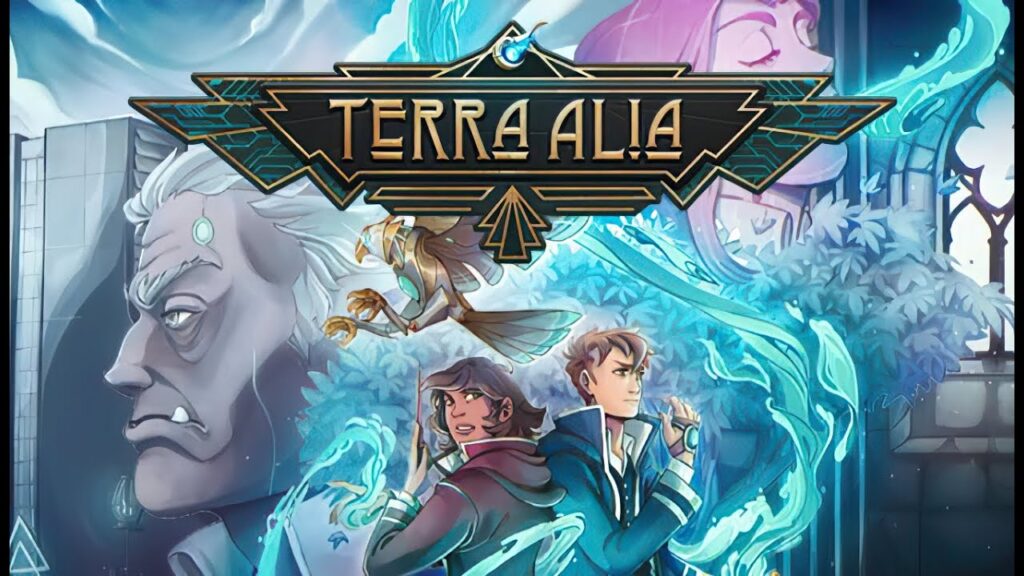
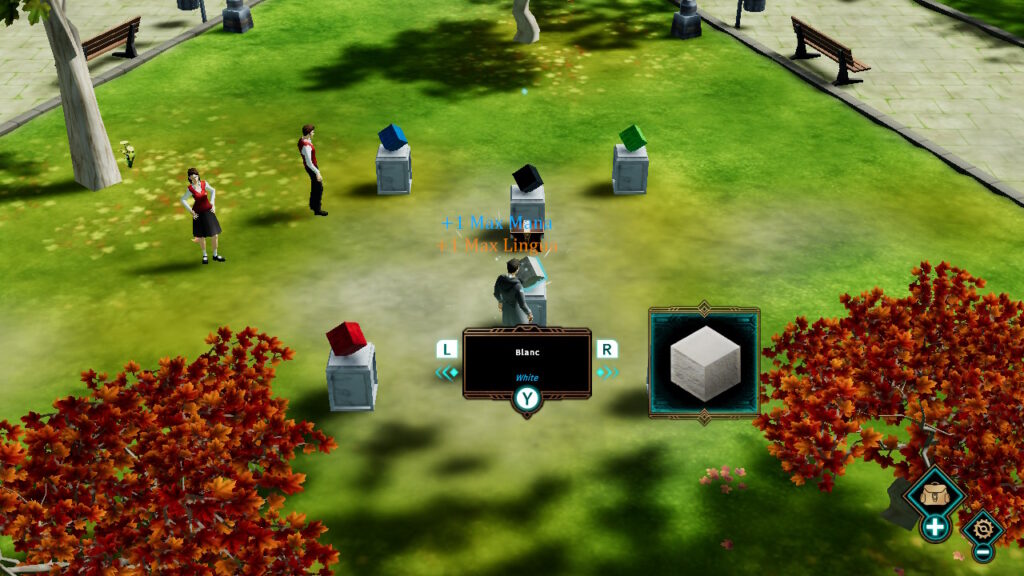
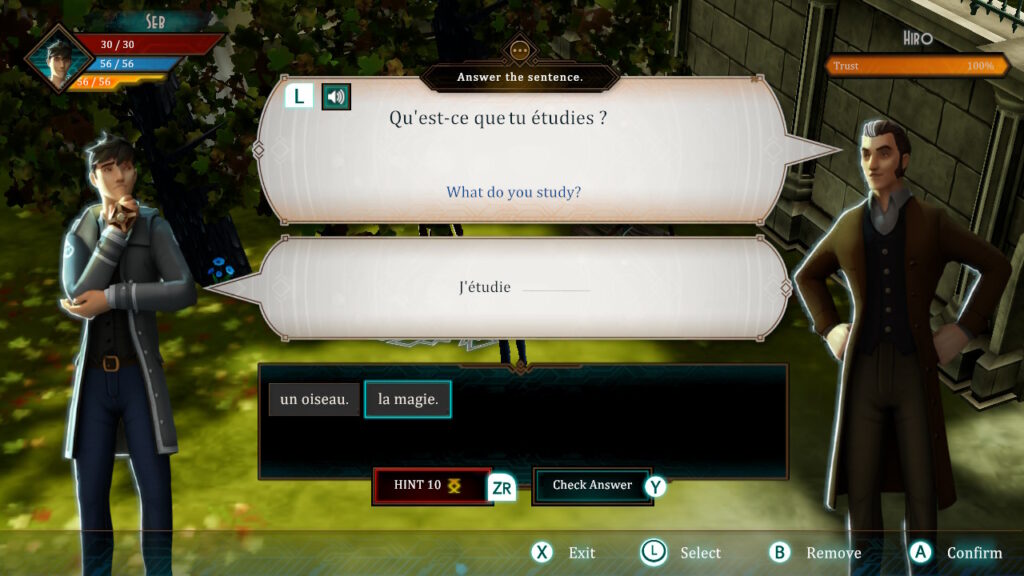
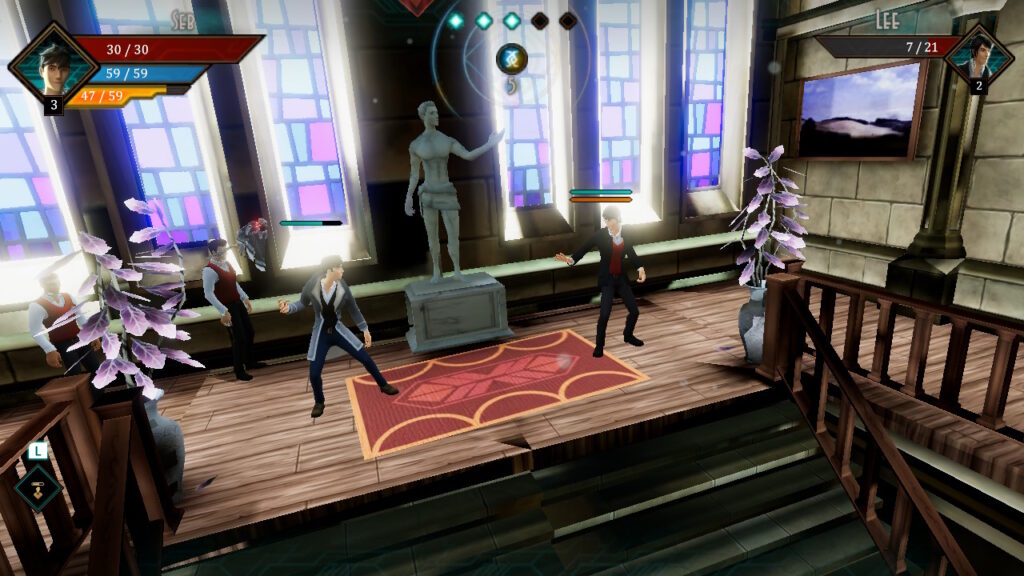
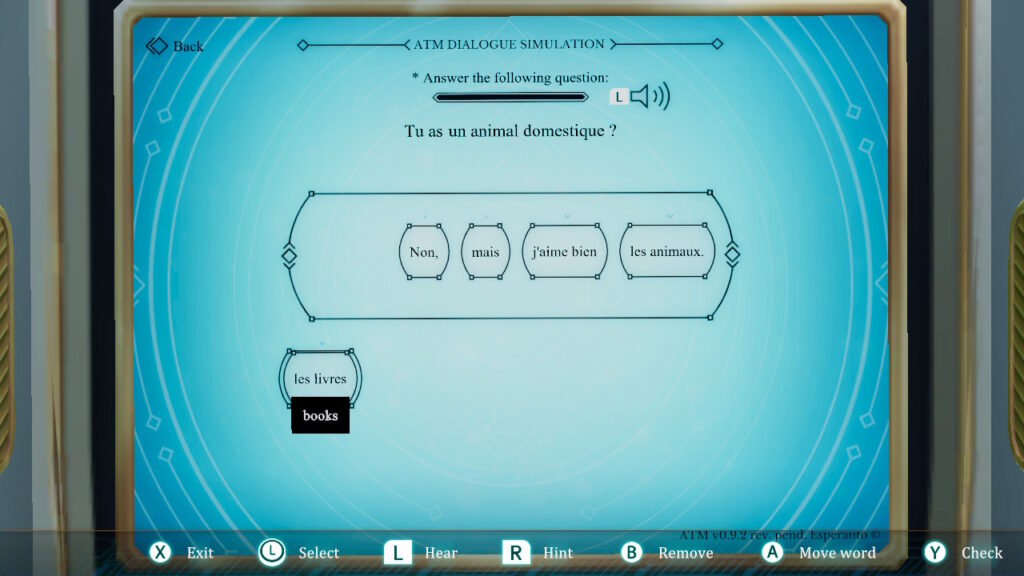


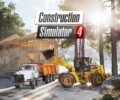

No Comments